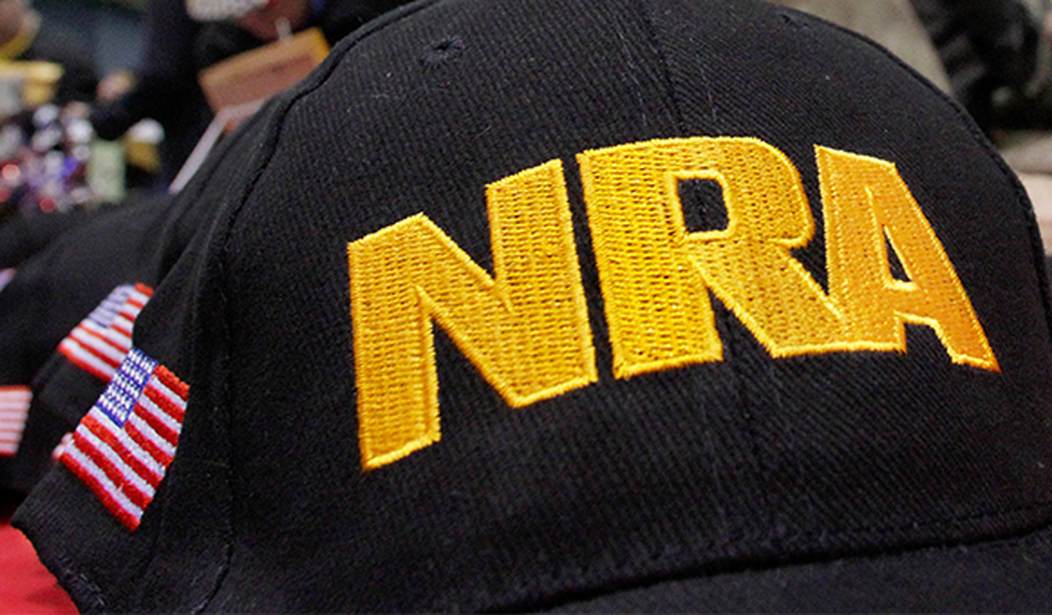Tom Knighton has already covered the NRA's response to the judgment issued by New York Judge Joel Cohen that (mostly) settles the lawsuit brought by New York Attorney General Letitia James that sought to dismantle the organization, but I couldn't help but notice that while the NRA's statement obliquely mentioned "compliance and governance measures" (which the group says are in the NRA’s interest, and "many" of which were "already underway"), they didn't specifically detail what changes are in store for the 2A group.
So what's actually contained in Cohen's order? Quite a bit, as he website NRA in Danger has outlined.
Major points: the Audit Committee is “fired” and anyone who served on the Audit Committee between 2014 and 2022 is barred from serving on it, period. The members of that committee will be elected by the entire board. The Nominating Committee must each year nominate 20 additional candidates who had not served as directors prior to 2022. NRA must create an online method for signing petitions for candidates.
Judgment is entered for NRA against LaPierre and Wilson for $4.3 and $2 million, with 9% interest, dating from the jury verdict in February. Significantly, NRA is forbidden to compromise these numbers without court consent.
These measures should help the reformers already on the 76-member board as well as those running for a seat next year, though we'll have to see if they work as the judge is hoping.
Requiring the full board to elect the members of the Audit Committee will hopefully end the rubber-stamping of EVP actions that took place under Wayne LaPierre's tenure, and mandating the Nominating Committee come up with 20 nominees who weren't on the board before 2022 in theory opens the door for more reformers to be selected.
Even if the Nominating Committee ends up with 20 names that are resistant to the significant internal reforms necessary to win back the trust of members and donors, Cohen's order requiring the group to create an online petition process for candidates not picked by the Nominating Committee is a significant and welcome change that I suspect will allow for far more NRA members to run for a seat on the board.
Cohen also tweaked the election process itself, requiring the NRA to post candidate statements contemporaneously with the mailing of ballots to eligible members for the next three election cycles, allowing voters to get a better idea of who these candidates are and what they hope to accomplish on the board. Though Cohen's order is only temporary in nature, I hope the board adopts this provision on a permanent basis.
Those candidates will now be required to disclose financial conflicts of interest to the Nominating Committee and agree to "abide by directors' duties and NRA board policy", as well as consent to a background check. Though these disclosures won't be available for voting members to see beforehand, if the members of the Nominating Committee takes their job seriously this should help to weed out those seeking to use their position on the board to personally enrich themselves.
The judge's orders are a good start, but there's more work to be done. At a minimum, I'd like to see the 76-member board shrunk down to a more manageable size, and additional transparency measures (including releasing the recommendations and reports of the Compliance Officer mandated by the judge) would go a long way towards building back the trust that's been lost over the past few years.
Of course, none of the judge's mandates will matter much if the NRA can't dig itself out of the budgetary black hole it's facing. The resolution of James' attempt to dismantle the NRA will hopefully give the organization the chance to start raising (and spending) money on its core mission instead of continuing to pay out hundreds of millions of dollars on legal fees, as has been the case since 2019.







